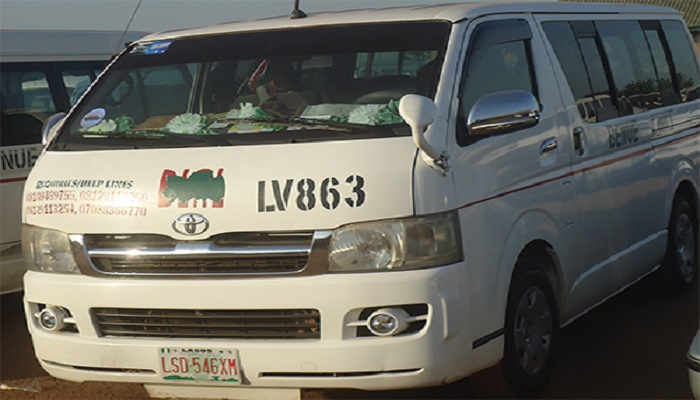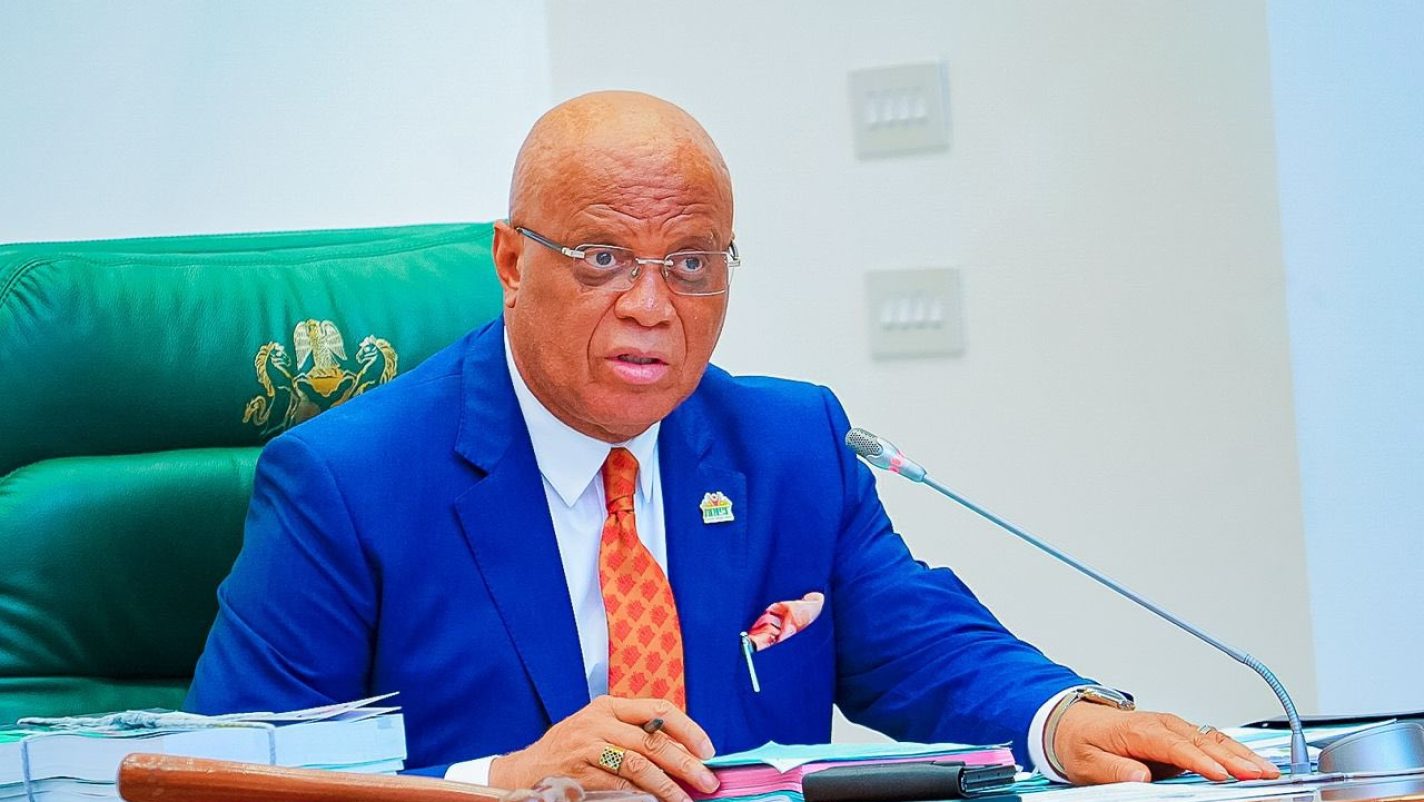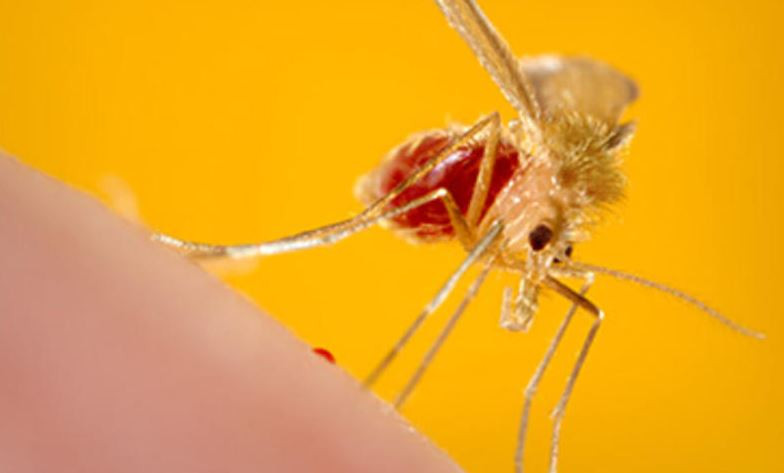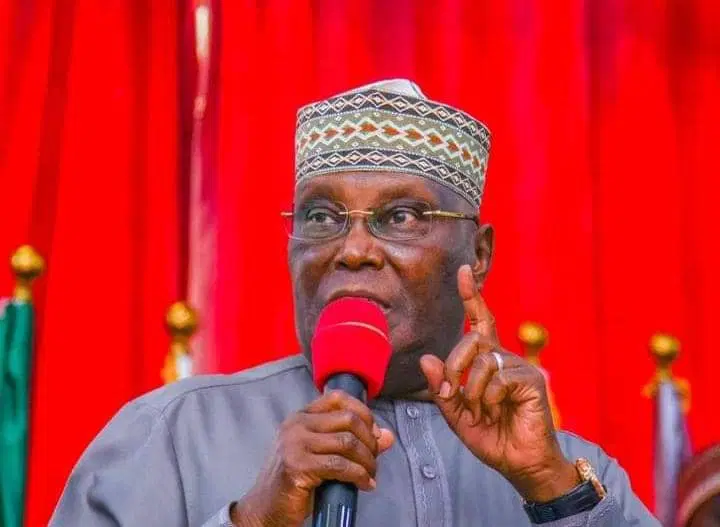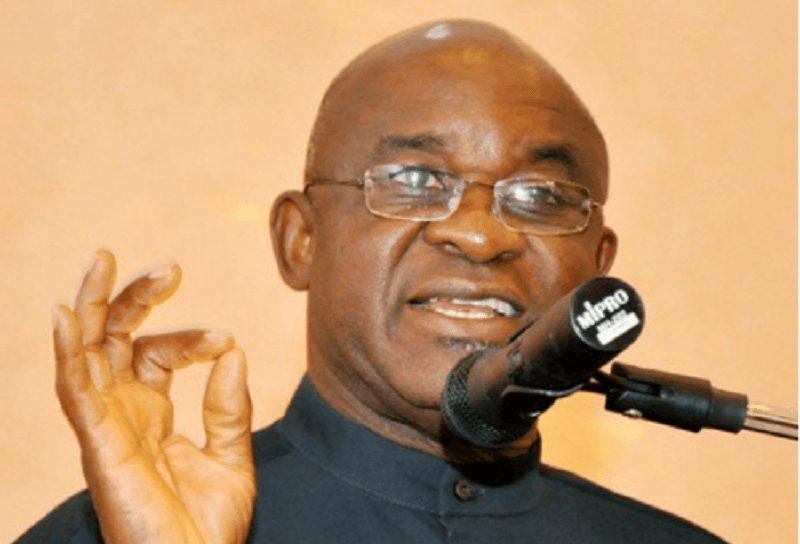Amaechi at 60: Atiku, Onaiyekan, Sanusi, others call for action against poverty
Former Vice President Atiku Abubakar; Emir of Kano, Sanusi Lamido Sanusi; a Prelate, Catholic Church Abuja, Cardinal John Onaiyekan, and others have called for urgent action against poverty for sustenance of democracy.
They made the call at a public lecture to commemorate former governor of Rivers State, Rotimi Amaechi’s 60th birthday, in Abuja on Saturday.
The News Agency of Nigeria (NAN) reports that the lecture was with the theme, “Weaponisation of Poverty as a Means of Underdevelopment; A Case Study of Nigeria”.
Atiku, in his submission, urged leaders in all tiers of government to live up to expectations and stop using poverty as a weapon to hold Nigerians to ransom.
The former vice president called for collective action against poverty.
Speaking on the topic, the prelate of the Catholic Church in Abuja admonished politicians to see their vocation as a service to God.
He said that politics should not be an avenue for the accumulation of personal wealth but to render service, which ultimately means uplifting the quality of lives of citizens to the glory of God.
Onaiyekan said that poverty would only be addressed, when those who control the electoral system allow the electorate to choose those who will lead them in a free and fair election.
He said that democracy would be sustained in the country when there was deliberate effort to address poverty.
The Emir of Kano, while speaking earlier, urged those saddled with the responsibility of leadership to inculcate the virtues of empathy with those they have been given a responsibility to lead.
The former governor of CBN noted with concern that he came face to face with poverty when he ascended the throne.
“Many of the elites in Nigeria do not know what poverty is. As an economist and former CBN governor, I see the numbers. I did not know poverty until I became Emir.
“And you go to the village and see the water they drink, the houses they live in—two-block classrooms without roofs.
“Do we actually love the people, or do we just love ruling over them? What are our priorities?
“We make overpasses and underpasses for ourselves in the cities, while those in the rural areas cannot reach hospitals. We are in crisis; how to get out should be our focus,” he said.
Also, the former Governor of Kaduna State, Malam Nasir El Rufai, urged politicians and government at all levels to see their positions as a means of lifting the poor out of poverty.
El-rufai, who said that politicians were not so smart to weaponise poverty except if allowed to do so, urged the electorate to choose the leaders that could lift them out of poverty.
“I do not think politicians deliberately use poverty as a weapon. Poverty weaponises itself if allowed to exist like a pest.
“That’s what has happened in Nigeria. I do not think that politicians are that smart if they seek and recognise poverty.”
“For me, having been in the private sector and public service, and having been a true observer of our political deterioration, I believe that the problem that we have is the choice of leadership,” he said.
A former Executive Secretary of the National Health Insurance Scheme, Prof. Usman Yusuf, said that most of the cases being handled in hospitals today were not medical but poverty-induced social problems.
Yusuf blamed corruption and bad governance for the multidimensional poverty in Nigeria.
Amaechi, in remarks, linked insecurity to the current poverty level in the country.
“Hunger does not know tribe and religion,” he said.
He further noted that Nigerians had power to elect any leadervjf their choice if they are willing as power resides with the people, not politicians.
The guest lecturer, a renowned scholar and a journalist, Dr Chidi Amuta, said that the future of democracy in the country was tied to the fight against the expanding frontier of aggressive poverty.
The visiting Scholar at Cambridge University said that the immediate challenge of democracy in Nigeria, and indeed the rest of Africa, was to recaliberate its relevance from point of view of its meaning to the poor majority.
He said that direct relevance to the welfare and rescue of the people from the “republic of poverty” should be measure of the meaning of democracy in the country.
“Let us, therefore, reduce the meaning of the democracy we seek to the living conditions of the poor,” he said.
The lecture had in attendance Prof. Wole Soyinka as the Chairman of the occasion, former governor of Bayelsa, Sierake Dickson, and several traditional rulers.
NAN




